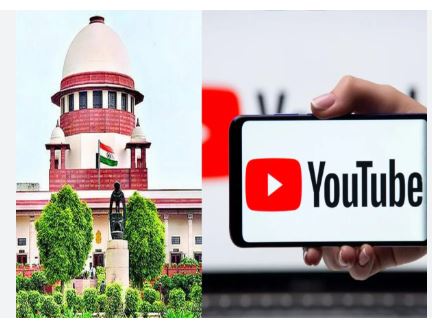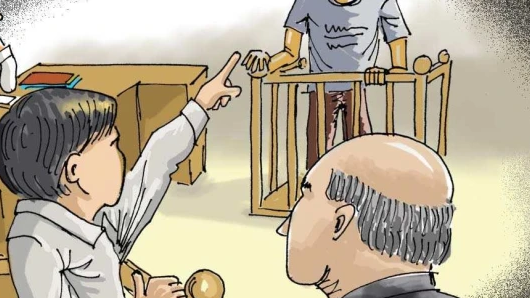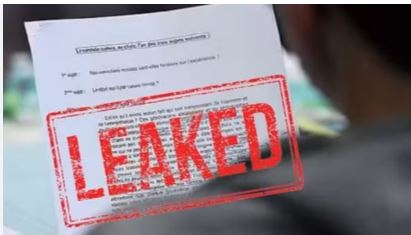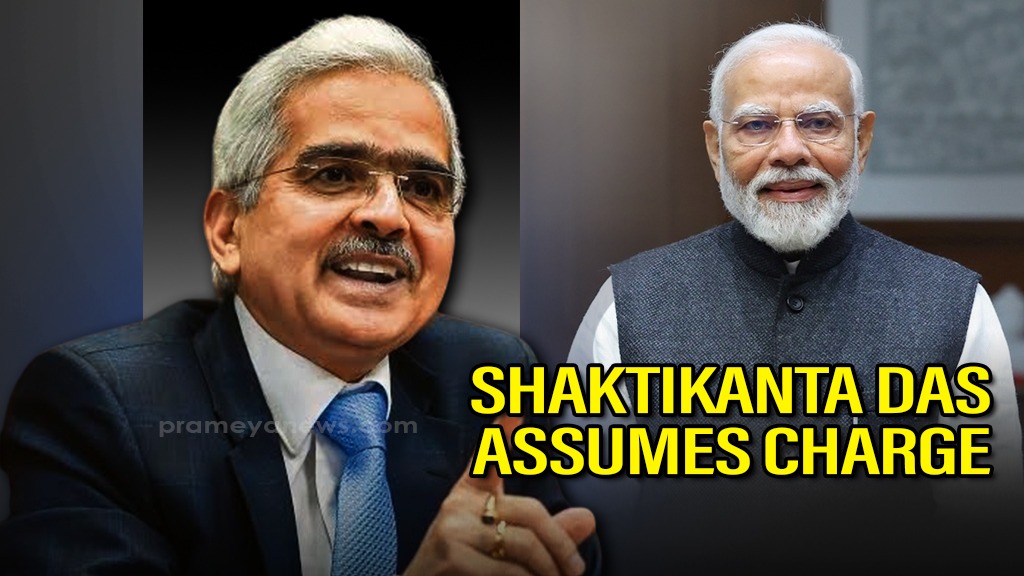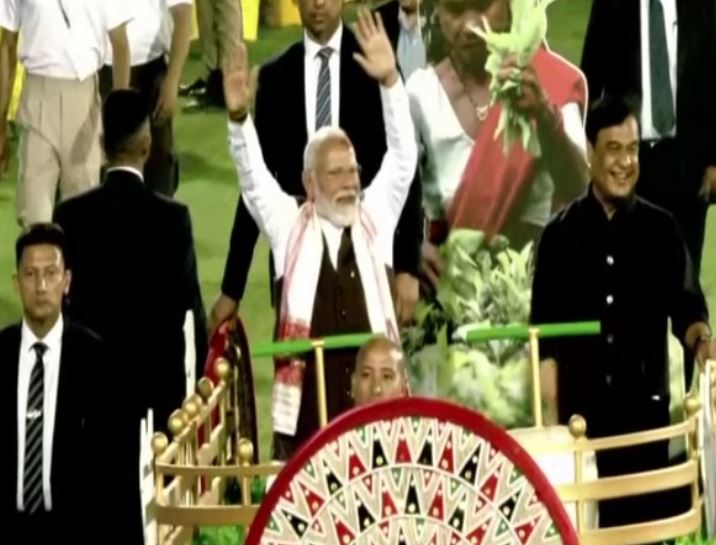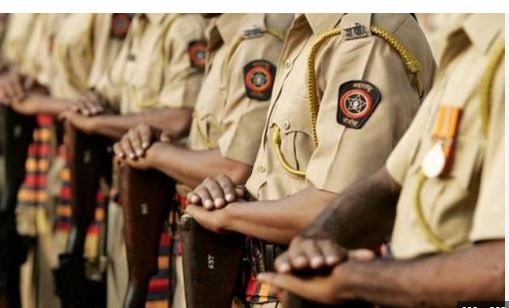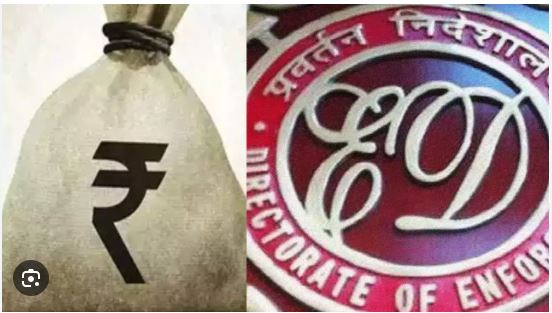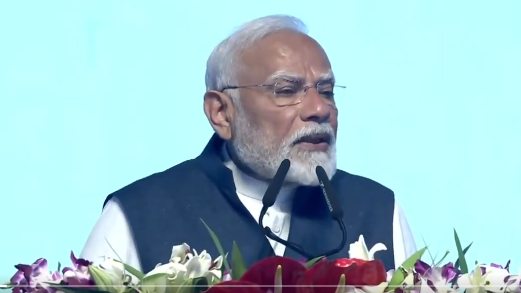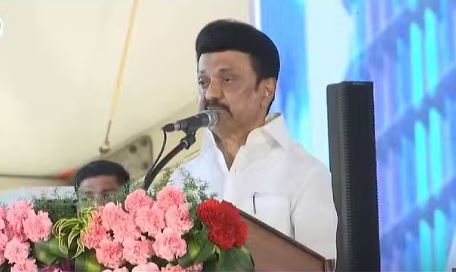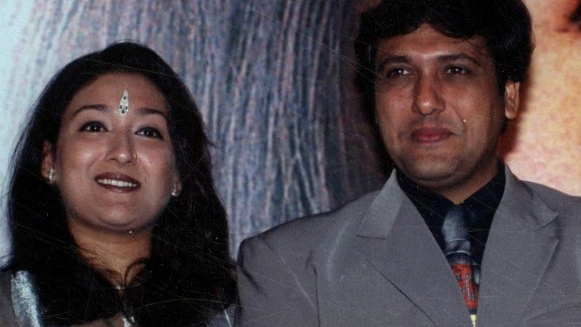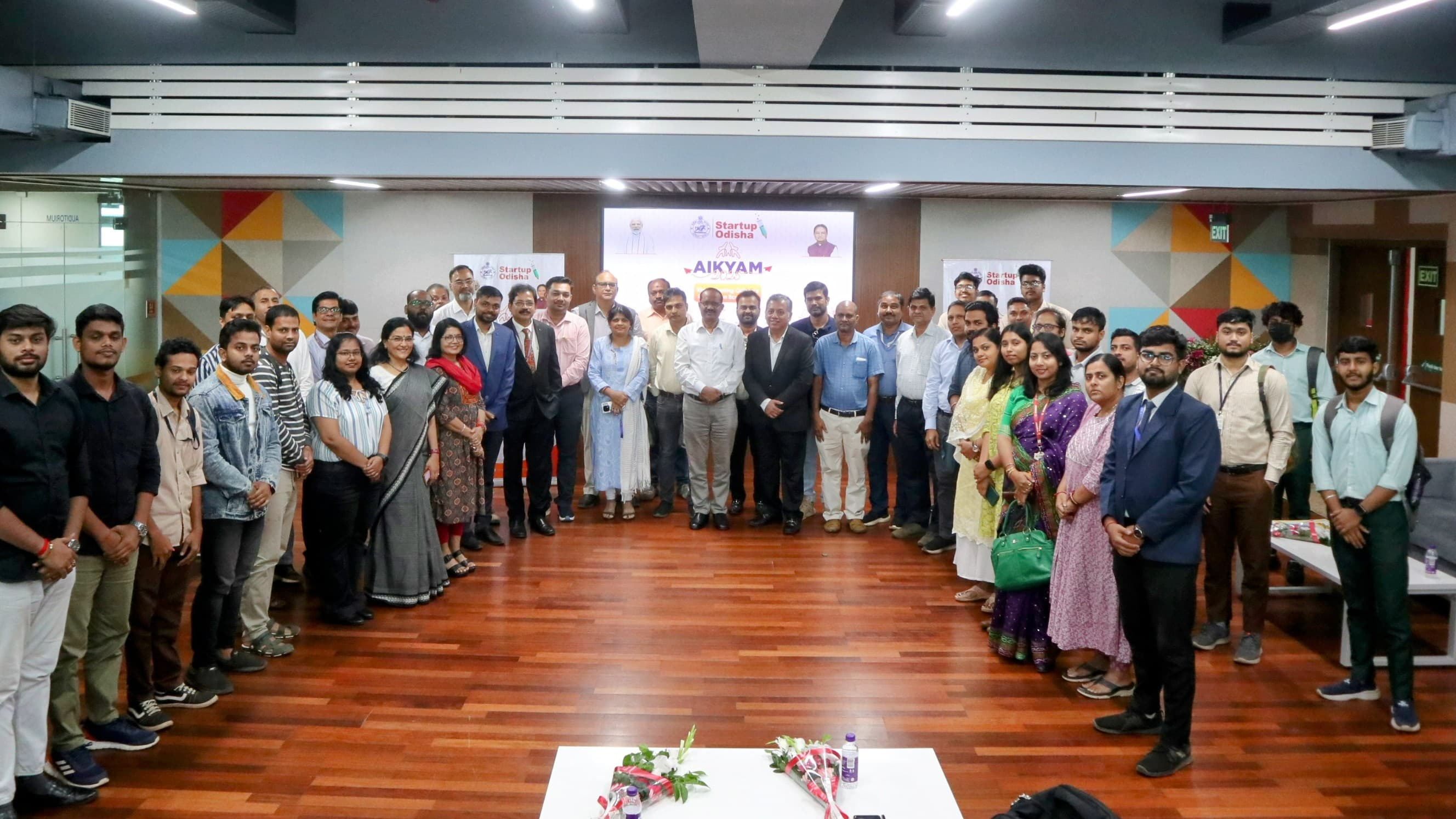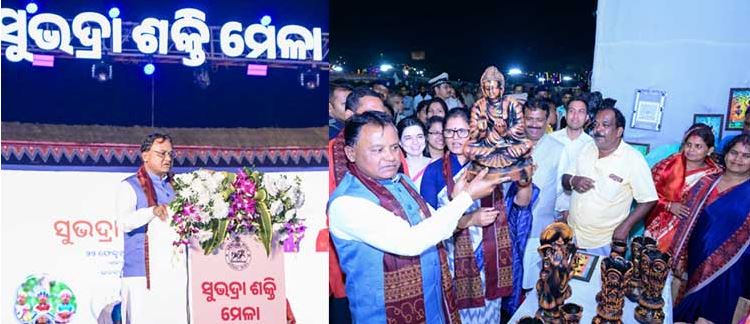Bhubaneswar: Sajjan Kumar has been awarded life-time imprisonment Tuesday for the murder of father-son duo during the anti-Sikh riots in Delhi in the aftermath of assassination of the then PM Indira Gandhi by her Sikh bodyguards.
Join the Whatsapp Channel to Get News updates in english
A Special Court rejecting the prosecution’s demand of death penalty, sentenced the convicted Congress leader to life sentence.
The Special Judge Kaveri Baweja had after a long hearing found Kumar guilty on Feb 12. The court heard the arguments on sentencing since Feb 18, and has passed the sentence order Tuesday (Feb 25).
WHY COURT REJECTED DEATH PENALTY?
As per the court order document, it has considered the offences of Sajjan Kumar as brutual and reprehensible, but has found the following mitigating factors to award him a life sentence.
- Satisfactory' conduct of the Convict as per the report of the Jail authorities
- The medical report which details the ailments he is reportedly suffering from
- Fact that the Convict has roots in the society
- Possibility of his reformation and rehabilitation
HOW COURT HELD HIM GUILTY?
After a prolonged hearing, the Court had earlier found that Kumar in 1984 had instigated a mob, which was armed with deadly weapons like lathis and Sarias.
The Court in its order had clearly stated the following.
- Sajjan Kumar was a member of the unlawful assembly of thousands in Delhi’s Saraswati Vihar, based on evidences
- The mob then murdered S. Jaswant Singh and S.Tarundeep Singh, the husband and son of the Complainant PW-13 (resident of Raj Nagar in West Delhi), during the incident of rioting which occurred on 01.11.1984.
- The flow of the events establishes Sajjan Kumar as the prime instigator of the mob who killed 2 Sikh citizens.
CASE DETAILS
A glance at the case details shows that the first information report (FIR) in the case was registered on the basis of an affidavit of September 9, 1985 of the complainant, whose identity was kept concealed. But the Congress leader escapes from the land of the law.
Here is the timeline given below that shows how the powerful Congress ducked the land of the law, but a change in govt brought a change inhis fortune, and, now, the oft-quoted phrase – The arms of laws are long – stands vindicated.
SAJJAN KUMAR AND THE LONG ARM OF LAW
1991: FIR lodged in the case.
Jul 8, 1994: Delhi court finds no sufficient evidence to initiate prosecution. Kumar was not charge-sheeted in the case.
Feb 12, 2015: Govt forms SIT.
Nov 21, 2016: SIT informs the court that the case requires further probe.
Apr 6, 2021: Kumar is arrested.
May 5, 2021: Cops file chargesheet.
Jul 26: Court takes cognisance of chargesheet.
Oct 1: Court starts hearing arguments on charge.
Dec 16: Court frames charges of murder, rioting, and other offences.
Jan 31, 2024: Court starts hearing final arguments.
Nov 8: Court reserves verdict.
Feb 12, 2025: Court convicts Kumar, posts matter for arguments on quantum of sentence on February 18.
ABOUT SAJJAN KUMAR
Sajjan Kumar, a bakery owner who rose from a councilor in 1977 to become an MP in 1980, is known in political circles a Sanjay Gandhi loyalist. He was also the General Secretary of Delhi Pradesh Congress Committee (DPCC) in 1980.
After allegations fly high accusing him of leading the anti-Sikh progrom in 1984, the Congress led by Rajiv Gandhi didn’t give Lok Sabha ticket to the leader.
The powerful leader however made a comeback in 1991, when Rajiv Gandhi was the Congress President then. He was even elected as an MP from Delhi.
The Congress party repeated him and Sajjan Kumar won the 2004 Lok Sabha elections from Outer Delhi.
The anti-Sikh riot cases were with the Delhi Police till 2005. And the Delhi Police has filed the closure report citing lack of evidences.
However, in 2005, the cases were transferred to CBI on the recommendation of Justice GT Nanavati Commission set up in 2000 by the then Atal Behari Vajpayee led NDA govt.
Kumar was also an accused in a case involving the killings of five people in Delhi’s Palam Colony on November 1 and 2, 1984. He was awarded life imprisonment by the Delhi High Court in the case and his appeal challenging the punishment is pending before the Supreme Court. Two other appeals are also pending before the high court against Kumar’s acquittal in two cases by the trial courts.
NANAVATI COMMISSION REPORT
As per the Nanavati Commission report, there were 587 FIRs filed in Delhi in relation to the riots that led to killing of 2733 people.
The report said Delhi Police had closed about 240 FIRs citing the reason as “untraced” and other 250 cases resulted in acquittal.
Only 28 cases of 587 FIRs resulted in convictions, in which about 400 persons were convicted.
About 50 were convicted for murder, including Sajjan Kumar.








